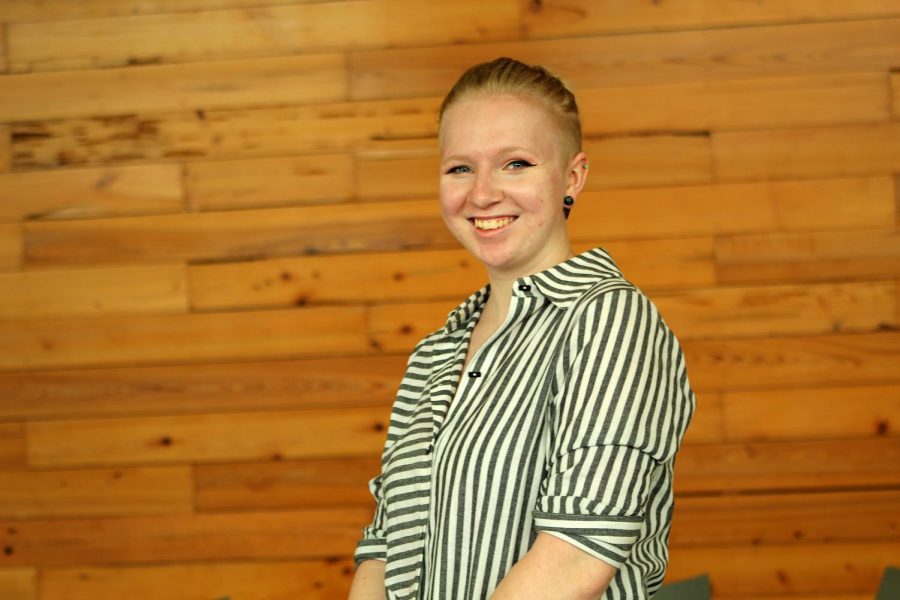Women’s contributions to society go unnoticed
March 6, 2022
Something you didn’t know about women: pretty much everything.
Like how you didn’t know that Frida Kahlo was one of 35 girls to enroll in Mexico City’s National Preparatory School, that she had contracted polio and was in a bus accident and how she used her various works, including portraits and famous self-portraits, to express ideas about postcolonialism and identity.
Kahlo became a prominent figure in contemporary art and shaped the world for artists of color. Her story represents a Latin American, queer and disabled revolutionary.
However, most people had no idea she was even an artist, just that she had a unibrow and is important in Mexican culture.
You may have heard of Kahlo, just as you have heard of Jane Austen and Mary Wollstonecraft Shelley, but do you know just how much of an impact they had?
Both Austen and Wollstonecraft had a significant influence on literature, such as Wollstonecraft being the reason that
People rarely talk about the accomplishments of women and how they are the reason for what we have today.
We take phones for granted, using them freely without knowing who is the reason behind the most used technological systems today. If you have ever connected to the WiFi or used Bluetooth, then you used the system that Hedy Lamarr created back in 1940.
Lamarr, an Austrian-born actress, was known as “The Most Beautiful Woman in Film” but her innovative creations were left in the shadows. She was to remain a pretty face and nothing else.
Lamarr, alongside George Antheil, created a new communication system that involved both the transmitter and receiver hopping across different frequencies on radio waves and channels.
Lamarr tried to patent the invention, but it was rejected and expired . The creation was recognized in 1997 by the Electronic Frontier Foundation with their Pioneer Award, 57 years after Lamarr and Antheil created the invention. After five decades, she was finally given the recognition she deserved.
There are women who made significant civil rights contributions, like Ida B. Wells, one of the founders of the National Association for the Advancement of Colored People (NAACP), though she isn’t credited with it, men are. Claudette Colvin, who was 15 years old when she refused to give up her seat on the bus, nine months before Rosa Parks did it, though no one mentions her.
When you think of LGBTQ+ activism, hardly anyone mentions the women that were and are involved in it.
Marsha P. Johnson was a Black trans woman who stood in the frontlines of Stonewall, which was a response to police raids of gay bars, becoming the face of queer activism.
Sylvia Rae Rivera was a Latina trans woman who stood alongside Johnson in Stonewall. She worked alongside Johnson with homeless drag queens and trans women of color, providing housing and other services.
These are just a few of the women that did incredible things to foster change and innovation, and there are many more to talk about, both past and present.
During Women’s History Month, and after, educate yourself on the women that got us this far.


